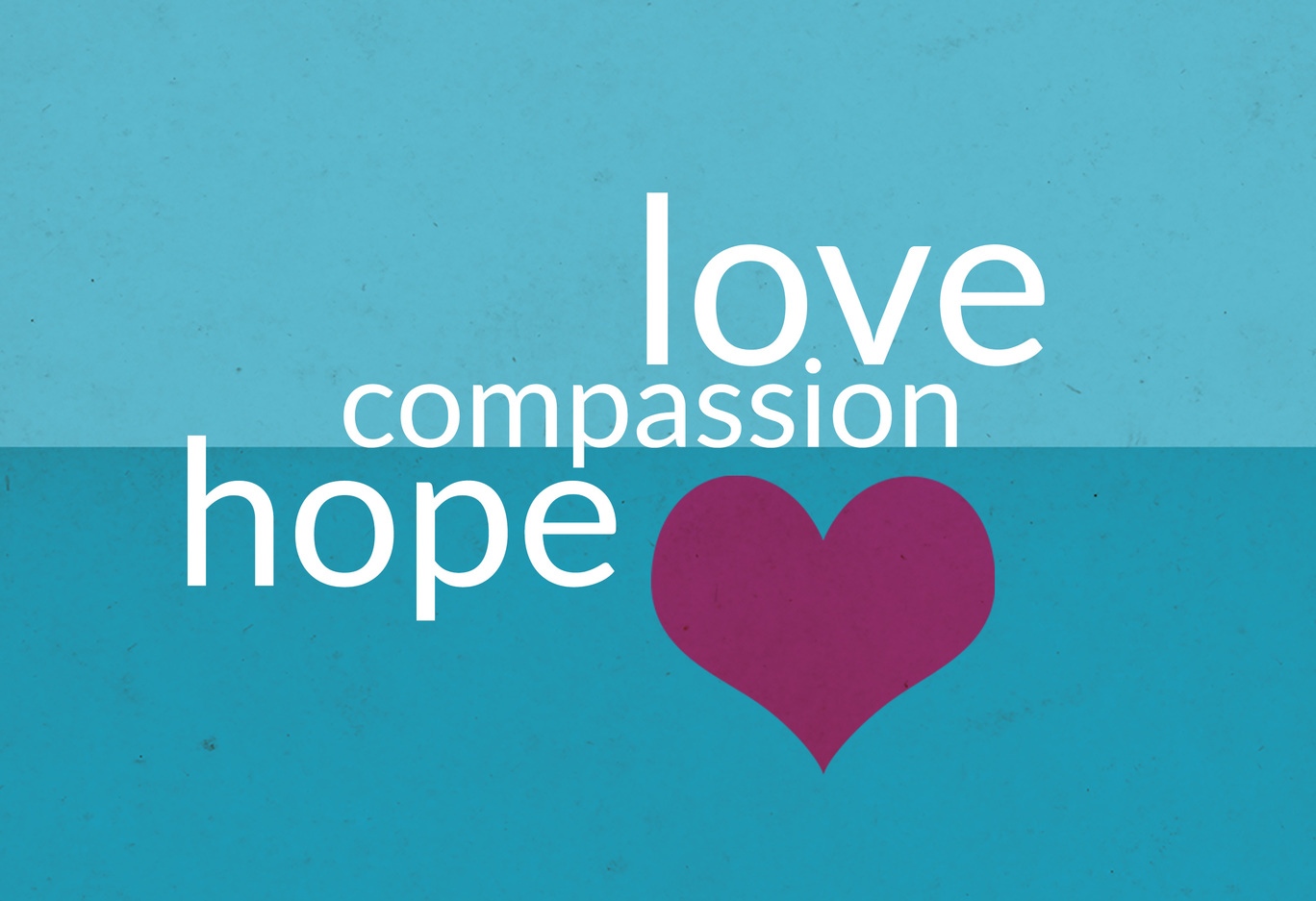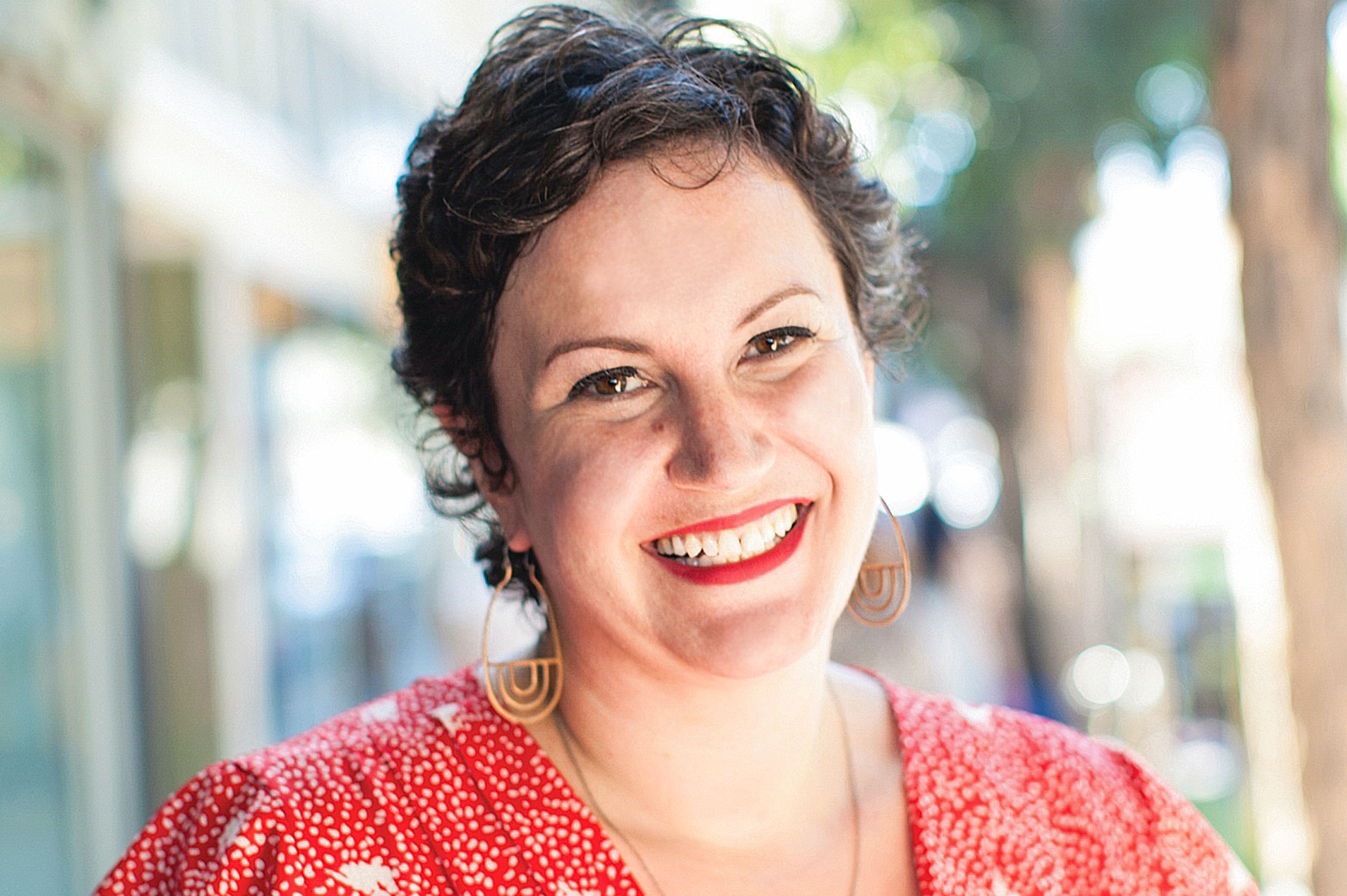In the best-selling book, “There is No Good Card for This: What to Do and Say When Life is Scary, Awful and Unfair to People you Love,” authors Emily McDowell and Kelsey Crowe say it’s not surprising that well-intentioned people often stumble as they try to express love, hope and compassion to patients and caregivers.
7 Things You Should Never Say to Patients or Caregivers
CaringBridge Staff Jun 14, 2017

Sometimes, You Can’t Make Pain Go Away
Among the root causes of saying things that unintentionally range from superficial to stupid, according to the authors, is a cultural approach to ‘”healing” as getting over something, rather than learning to live with a loss. We are people who want to fix things… just make the pain go away. And sometimes, you just can’t.
An “empathy tip” from a chapter titled, “Please Never Say This (Thanks),” recommends avoiding, in general, sunny-side-up phrases. Instead, try to sense how family and friends dealing with cancer, stroke or any illness, injury or health crisis might be feeling. Then try to respond simply and sincerely, whether in writing or verbally.
As you think about meaningful things to say, or write, in response to a CaringBridge Journal entry, McDowell and Crowe advise biting your tongue—figuratively, of course!—before allowing any of the following unhelpful statements to escape your lips or fingertips:
7 Things You Should Never Say…
- “Everything happens for a reason.”
- “This is God’s plan.”
- “What doesn’t kill you makes you stronger.”
- “At least it’s not cancer.”
- “Just think positive thoughts.”
- “God doesn’t give you more than you can handle.”
- “At least you have one healthy child.”If you’ve ever been on the receiving end of a clunky expression of support, or if you’ve ever written or said something you wish you hadn’t said, please add to the list in the “Comment” section directly below.
Are you or a loved one caring for someone on a health journey? If so, start a CaringBridge website, where you can share updates and receive encouragement and support from your friends and family.
Start A SiteRead Article
Our mission is to amplify the love, hope & compassion in the world, making each health journey easier.
Join us here...
Never miss an update from your close friends and family by adding
Caringbridge@c.caringbridge.org to your contacts list
Copyright © 1997-2018 CaringBridge, a nonprofit organization.
"3 things to say, besides nothing" for Tuesday, 5 June 2018 from The CaringBridge
The Only Wrong Thing to Say is Nothing at All
Empathy card creator and lymphoma survivor Emily McDowell said she believes the most supportive thing you can do for someone on a health journey is to be willing to show up, stay present, and listen.
The Only Wrong Thing to Say is Nothing at All
CaringBridge Staff May 25, 2017

Empathy card creator and lymphoma survivor Emily McDowell said she believes the most supportive thing you can do for someone on a health journey is to be willing to show up, stay present, and listen.
Emily McDowell of Los Angeles, creator of Empathy Cards for illness and grief, and co-author with empathy scholar Kelsey Crowe of the book, “There is No Good Card for This: What to Say and Do When Life is Scary, Awful and Unfair to People you Love,” offers some do’s and don’ts for patients needing support after a diagnosis, and for tongue-tied family and friends.
1. You have written that during 9 months of chemo and radiation after your own diagnosis of Stage 3 Hodgkin’s lymphoma at age 24, you experienced loneliness and isolation when some family members and close friends “disappeared,” because they just didn’t know to communicate. Or they said things that were outrageously insensitive, without even realizing it. Why does this happen—all the time?People most often shy away because they feel unqualified to help. We’re afraid of doing or saying the wrong thing, and as a result, feeling like we’ve failed. And the fear of failure—and the self-judgment that comes afterward—is so strong that it can prevent people from reaching out entirely.
The first instinct is to spring into “make-it-better” mode
Most of us are taught that feelings of sadness, grief, or anger are intolerable. These things should be “fixed,” solved, or avoided at all cost.
Being solution-oriented serves us well in every-day life, so when someone we care about is suffering, our first instinct is often to spring into “make-it-better” mode, where we immediately try to help solve their problem with our suggestions, questions and ideas.
But it’s impossible to fix a loss or an illness, and trying to do so often results in our saying something insensitive without realizing it, or the suffering person ends up feeling alienated.
The book has been described as a crash course in Humanity 101.
2. The title of Chapter 6 in your book is “Please, NEVER Say This,” and it includes a “collection of unhelpful statements.” Is there an approach to delivering messages of love, hope and compassion to help avoid foot-in-mouth disease?The most supportive thing you can do for someone is to be willing to show up, stay present, and listen. Remember that a person going through a hard time doesn’t want or need you to try and talk them out of their pain or solve their problem.
Trying to “relate” by bringing up something that happened to you, or a story you’ve heard, can prevent the opportunity for you to learn how the person is actually feeling about their situation. And unbridled optimism can feel like an empty platitude, with the person ending up feeling like you don’t actually want to hear them.
The best way to figure out how someone is feeling is also the simplest: ask them. “How are you?” sounds so basic, but most people will appreciate it. It tells the person that you remember and care about what’s happening, but it doesn’t require a long commitment to a conversation if they don’t feel like talking.
Unbridled optimism can feel like an empty platitude
Sometimes, a better question is, “How are you, today?” If it’s in the first days or weeks after a major, difficult diagnosis, it’s a safe bet that your friend isn’t feeling awesome.
One way to get around this is to ask, “How are you, today?” Adding “today” to your question acknowledges that overall, you’re aware that life kind of sucks in general at the moment, and that you understand there are good days and bad days.
It also takes what can feel like an overwhelming question and turns it into a manageable one.
3. Over the years, CaringBridge users have described “healing” as learning to live with the outcome of illness or injury, even when the outcome does not include cure. How does that fit into your experience as a person who has given and received empathy, in abundance?
In my case, my illness meant that I developed a greater understanding for the breadth and depth of the human experience.
There is pressure to immediately ‘find the silver lining’
I became able to cultivate empathy more easily, and I have many valuable friendships and relationships that I wouldn’t have had without being sick. All of that has enriched and informed my life in really invaluable ways.
That said, I also think there’s pressure to immediately “find the silver lining” in a difficult situation such as illness, injury, or loss; I think a lot of us feel confused if we don’t have a big realization about our life’s purpose or shift in our perspective after coming through something like that. (I blame inspirational quotes!)
I think it’s important to remember that perspective almost always takes time, and first and foremost, we need to be gentle with ourselves and with our expectations while we’re trying to navigate a new reality.
New to CaringBridge and Wondering What We Do?
CaringBridge is a nonprofit social network dedicated to helping family and friends communicate with and support loved ones during a health crisis through the use of free, personal websites. Know someone who could benefit from starting a CaringBridge site to keep loved ones informed and get the love, and support they need?Learn more
Read Article

Our mission is to amplify the love, hope & compassion in the world, making each health journey easier.
Join us here...
Never miss an update from your close friends and family by adding
Caringbridge@c.caringbridge.org to your contacts list
Copyright © 1997-2018 CaringBridge, a nonprofit organization.
***











No comments:
Post a Comment